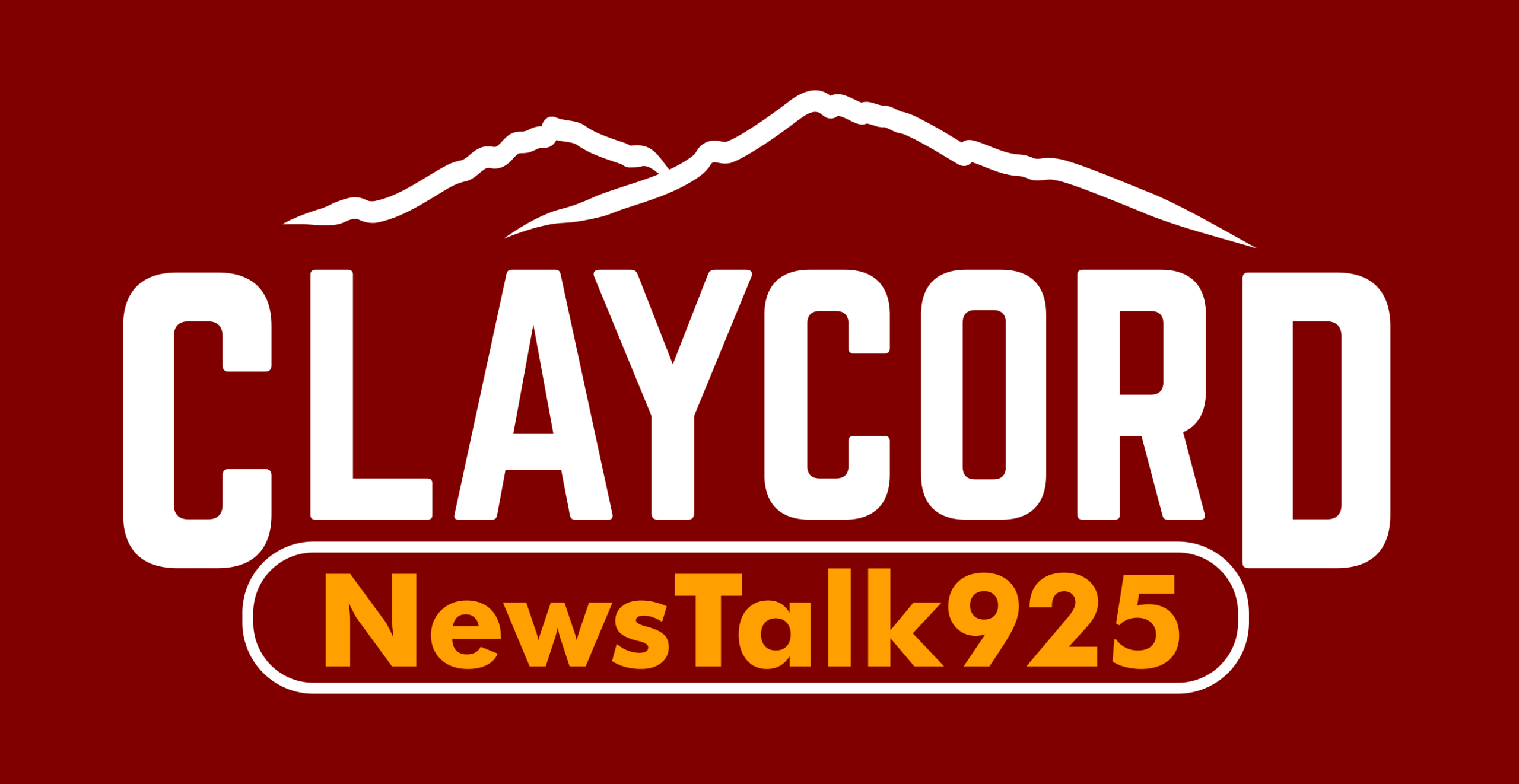PG&E and other utility companies are warning customers about the increasing amount of online and in-person scams during Utility Scam Awareness Week, held this week nationwide by Utilities United Against Scams.
During the months of September and October, PG&E said it saw a 65 percent increase of reported scams. In response, the company joined a coalition of 145 U.S and Canadian utility companies that have been raising awareness of common and new scam tactics amid the COVID-19 pandemic.
“Scammers have not shown compassion for small businesses and private citizens enduring the trying circumstances of the last two years,” said Jared Lawrence, UUAS founder, in a statement. “In fact, they have intensified their criminal activity with high pressure tactics and increasing use of technology. For that reason, utilities continue to unite to combat scammers by spreading awareness and are working with telecom partners to remove access to phone lines and encouraging policymakers to adopt stronger public protections.”
PG&E reminds residents that PG&E will not send a notification to customers within an hour of a service interruption, and they will not ask for any sort of third party payment, like gift cards or cryptocurrency.
“Scammers are constantly changing their tactics and tricks, so awareness and reporting are more important than ever. All of us have to continue to evolve our safeguards and approaches to keeping our customers safe,” said Chris Zenner, vice president of PG&E’s residential services and digital channels, in a statement. “If an email, visit to your home or phone call doesn’t feel right, don’t fall for it. Delete it, shut the door or hang up. And, as a reminder, PG&E will never ask for your financial information over the phone or via email.”
PG&E also noted that scammers have increasingly called, texted and emailed customers during the COVID-19 pandemic, specifically adding pressure onto vulnerable populations like senior citizens and low-income neighborhoods.
Though scamming has increased, there are signs residents can look out for. A scammer may threaten a utility shutoff without instant payment, or may say that PG&E owes the costumer a refund. The scammer will then ask them to buy a prepaid debt card or gift card or provide their credit card information to access the card’s funds.
PG&E customers with overdue bills will only receive a shutoff notification in the mail in their monthly bill, and they will never require specific a payment method to pay a bill, the company said.
The utility company also recommends members to sign up for an online account at pge.com to check their payments and receive paperless bills.
Customers can call PG&E at (800) 743-5000 if they feel they have run into a scam, or call 911 if they are in immediate, physical danger. Victims of fraud or those threatened during a scam should call their local law enforcement.
More information on scams can be found at pge.com and uilitiesunited.org.


PG&E is a scam.
Anyone else is just an amateur.
Ditto
This is hilarious. I mean, the blatant hypocrisy. Do they really not see it? Have they zero self-awareness?????
So that guy I spoke to last week with the thick Indian accent asking me to confirm my personal information due to a fire in their billing department that destroyed their records was not legit? I should have know when said I needed to pay $80 for a new account and he could only accept Bitcoin.
or only accept visa gift card payments.